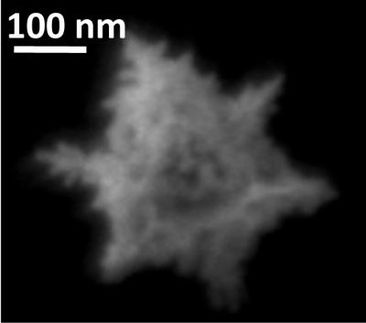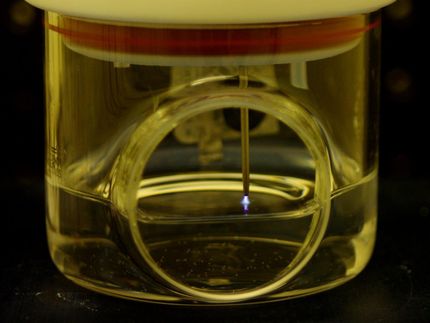A dirty job but ...
Advertisement
Byproducts from the electronics, fuel, chemical and defense industries can be far from benign. Toxic heavy metals like cadmium and lead can seep into our food chain and cause cancer. And if found in the soil, these dangerous materials can render parks off-limits and real estate worthless.
For environmental, health and financial reasons, new solutions are needed to help clean industrial chemicals from America's soil.
Now, an innovative Tel Aviv University soil-cleaning technique, which turns a cement truck into a giant mixer, may change things for industry and environmental specialists. Prof. Amos Ullmann and Prof. Neima Brauner of TAU's Faculty of Engineering and Prof. Eliora Ron of the Faculty of Life Sciences, in cooperation with Israeli researcher Dr. Zvi Ludmer, are working on a new cleaning agent that binds to and whisks dangerous materials away from the soil, leaving desirable minerals intact.
"My colleagues have developed a system that literally washes the soil," says Dr. Michael Gozin of TAU's School of Chemistry. Their top-secret formulation, now in the early stages of research and development, will make it possible for truckloads of contaminated earth to be cleaned in a cement mixer. The compound not only leaves life-sustaining nutrients in the soil, but it's also biodegradable and environmentally safe.
More than Soap and Water
"Heavy metals can't be removed from the soil with just soap and water," says Dr. Gozin. "Chemically-speaking, a cleaning agent of this nature is very difficult to develop." With the new technique, once a commercial partner is found, however, the product could be ready in as little as 3 years. It can also be customized to remove specific dangerous chemicals, which can then be transferred to suitable confinement facilities.
Soil, says Dr. Gozin, is a very complex material. "When we're designing chemicals of the future, we have to keep in mind the delicate balance in our environment. Micro-organisms, for example, are important to keep in the soil. We don't want to kill them or remove the beneficial minerals and metals. Our advanced solution keeps all these factors in mind," he says.
The special compound developed by the Tel Aviv University team relies on advanced chemical architecture: they've created molecular compounds with complex and highly specific functions. As well as being able to recognize and bind to certain metals such as cadmium, the compounds are also non-toxic and biodegradable.
Current solutions for cleaning the soil are very time-consuming, expensive and not completely effective. They strip the soil of all its basic compounds, leaving behind dead and useless sand. They also leave behind their own toxic byproducts and do not biodegrade. "These solutions solve one problem, but create others," says Dr. Gozin, who also works on research projects for the U.S. Department of Defense, and the U.S. Air Force.
Other Applications
The new Tel Aviv University solution will give polluted soil a new lease on life and may affect business as well. Properties close to industrial parks are especially at risk and the value of that real estate remains low.
Technically-speaking, the solution could also be applied in the mining industry, to help mineralogists pull certain desired chemicals from the soil, like gold or the rare metals used in the high-tech industry.






























































